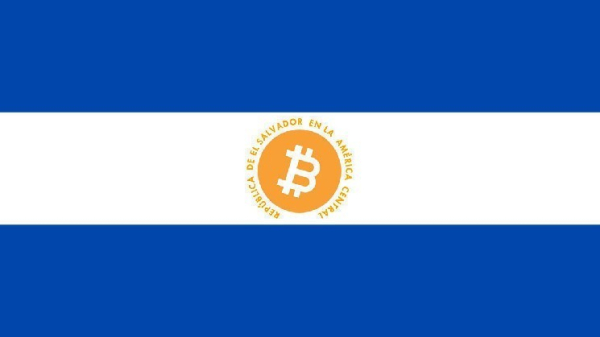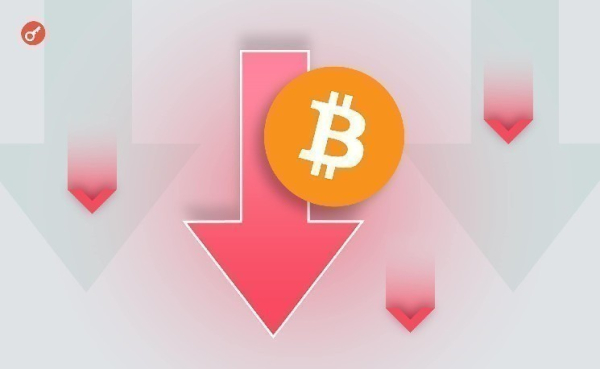Four Years Later: How El Salvador's Bitcoin Policy Has Changed

El Salvador is celebrating the four-year anniversary of adopting Bitcoin as legal tender, but the experiment has had mixed results. The country pioneered the state-run Bitcoin implementation, but has since been forced to rethink its cryptocurrency policy.
El Salvador's Bitcoin Office is celebrating “Bitcoin Day,” the anniversary of the law making Bitcoin legal tender coming into effect in September 2021. In a post on social media platform X on Sunday, the office highlighted the country's achievements in the crypto space.
El Salvador has accumulated a strategic reserve of 6,313 bitcoins worth more than $702 million. A new banking law now allows investment banks working with bitcoins to serve sophisticated investors. In addition, 80,000 government employees have been certified to work with the first cryptocurrency.
The country has also launched several public educational programs on Bitcoin and artificial intelligence, part of a broader strategy to promote technological innovation in the Central American nation.
IMF pressure forces course revision
Despite its status as a pioneer in the state implementation of Bitcoin, El Salvador was forced to reconsider its cryptocurrency policy. The reason was the desire to receive a loan from the International Monetary Fund (IMF).
In January, the country's parliament repealed the law making bitcoin legal tender and agreed not to buy additional bitcoin with government funds. The terms were part of a $1.4 billion loan agreement with the IMF.
The government also agreed to cut support for its Chivo Bitcoin wallet, which has not gained widespread adoption among the country's citizens. The wallet, designed specifically for Salvadoran citizens, has faced technical problems and low adoption.
The IMF released a report in July that showed El Salvador had not purchased any new bitcoin since signing a $1.4 billion loan agreement in December 2024. The information came as a shock to the crypto community.
The report included a letter of intent signed by El Salvador's central bank president, Douglas Pablo Rodríguez Fuentes, and Finance Minister Jerson Rogelio Posada Molina, which confirmed that the amount of bitcoin controlled by the government remains unchanged.
El Salvador's policies have drawn criticism from some Bitcoin supporters and non-governmental organizations. Critics argue that Bitcoin policies help the government but do not benefit ordinary citizens of the Central American country.
Education as a key to success
Experts point to the need to expand educational initiatives to fully realize the potential of the world's first decentralized peer-to-peer electronic money transfer system. It is important to develop the adoption of the technology by local populations, not just government agencies and international corporations.
Source: cryptonews.net



